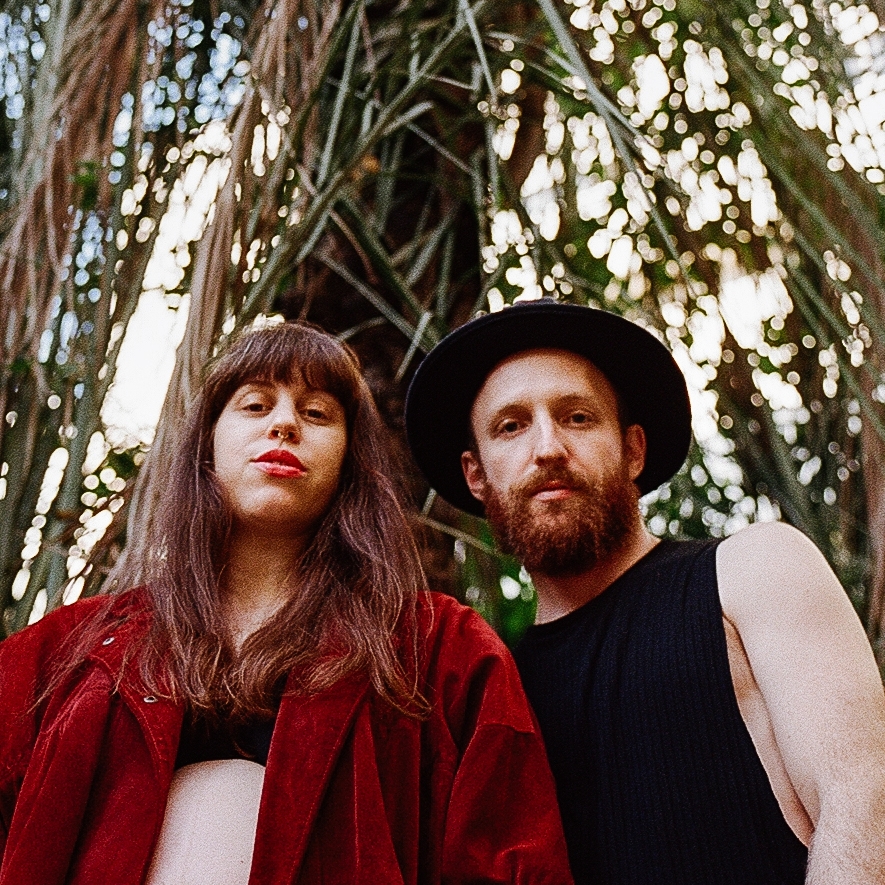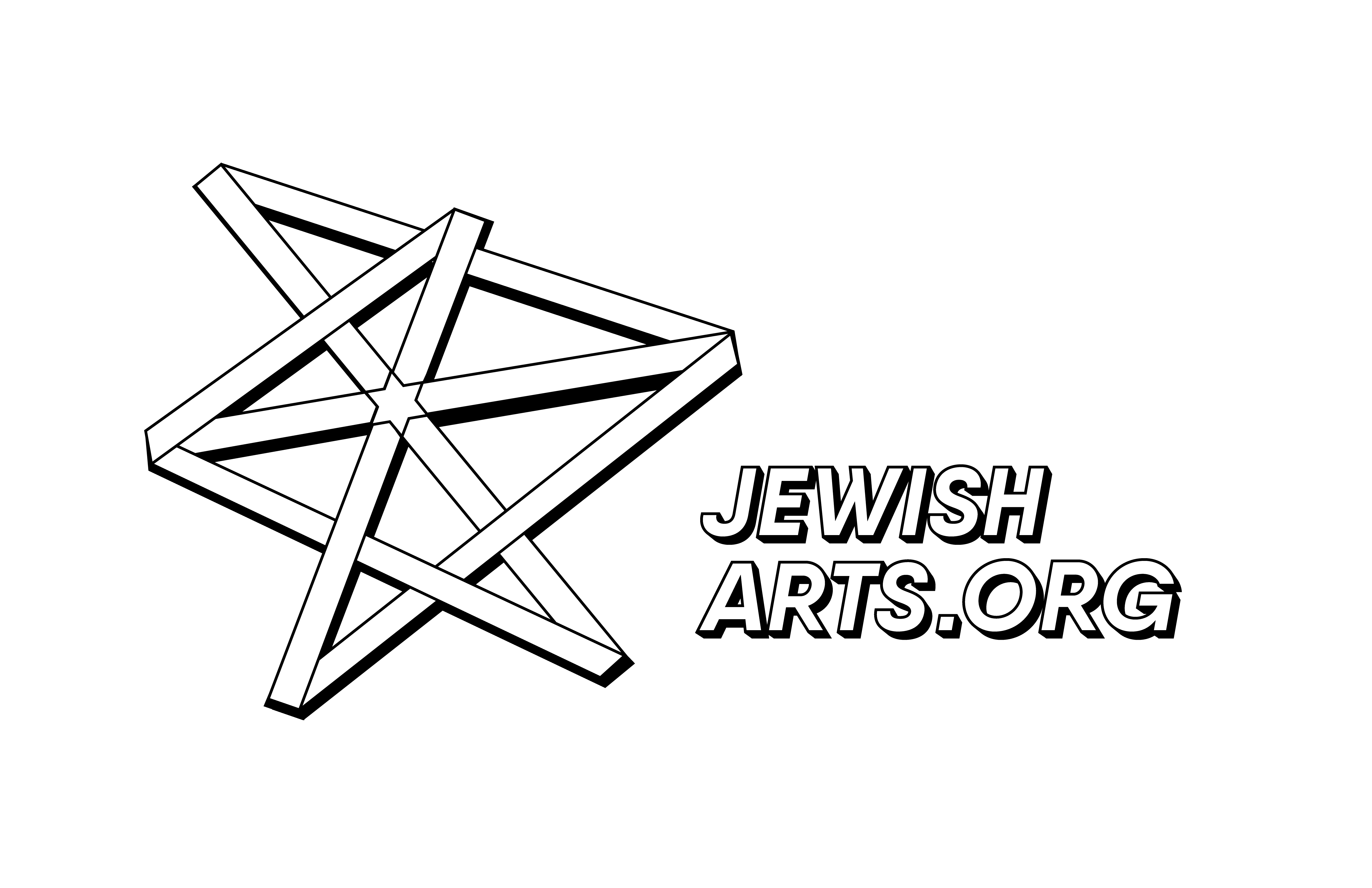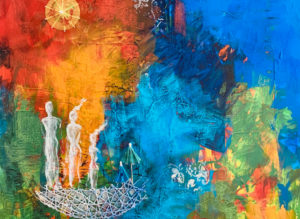What It Means To Be Free as Jewish People: The Story of Israeli Music Group System Ali
JArts April Newsletter
By Laura Mandel
Published Apr 18, 2024

Happy (almost) Passover. In this season of freedom, I’m thinking about how lucky we are to have Neta Weiner and Stav Marin, an artistic team from Israel, in residence at Tufts this semester as BAMAH visiting Israeli artists. We at JArts helped co-curate this residency because long before October 7, we knew Neta and Stav were voices that would resonate with Boston audiences.
A year ago this felt cool and important on account of their talent, artistic prestige, and funk-meets-rap-meets-tradition style. Today, they couldn’t be more timely as we think about what it means to be free as Jewish people.
When Neta speaks about the founding of their group System Ali, one of the most highly regarded Israeli hip-hop groups, he describes a group of spitting, fighting, and rapping teens from around the globe who bonded in a Jaffa bomb shelter through music. As Neta says, “I’ve been inspired by the honesty and rawness of the Israeli experience.” The voice and work Neta and Stav bring is one that American audiences need to hear right now: their work is founded in the quest to build a more just society and to support the land that has enabled them to be who they are.
As part of their work in the Tufts dance and performance department, Neta and Stav presented Cut. Loose in March — an English version of a show they have performed across the world. An intimate look at a couple navigating violent and troubling times, they created this piece in response to the “knife or stabbing intifada” of 2016, and as they say, “the closeness and intimacy it took to stab people with knives was scary on a whole new personal level.” By engaging audience members in the performance, the show prompts big questions of morality, engagement, and group psychology.
During their residency, Neta and Stav also held a session at Lehrhaus, honing what they call the “Beat Midrash” — an aptly named performance that uses beat, rap, and song across multiple languages to create a powerful narrative about their paths as artists, and how that tells a story of Israeli society.
Neta begins the “Beat Midrash” by describing the roots of System Ali, sharing how area rap musicians and artists would come together in a 15 square-foot Tel Aviv bomb shelter to make music — and it came out representing the many languages, voices, and religions of Israel in this one tiny space. As he put it, “Not exactly the popular co-existence narrative of Israel of the 1990s, but a real collaborative and combative spirit that elevated the potluck mix that really is the beauty and strength of Israel.”
Now, you have an opportunity to experience Neta and Stav – and I hope you’ll join us May 2 at the Vilna Shul for their performance in collaboration with JArts x CJP Community Creative Fellow Yuval Gur.
Laura Conrad Mandel is an artist, social entrepreneur, and public art advocate.
Want more?
Get curated JewishArts.org content in your inbox



